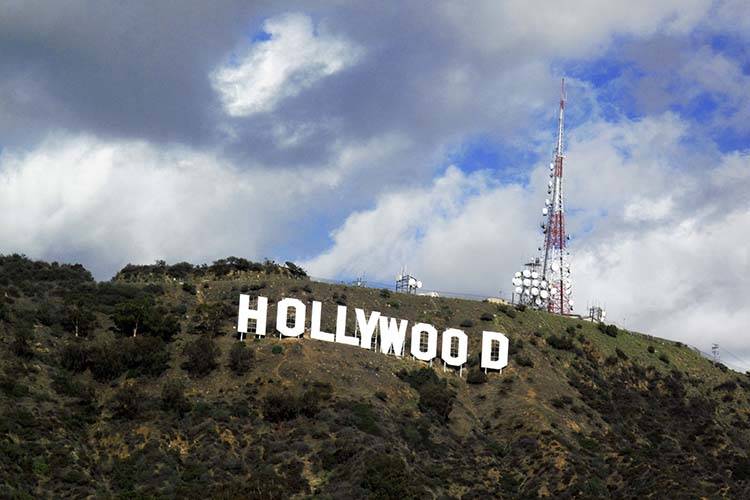JONAH GOLDBERG: Hollywood bows to China: Here’s how to fix that
During the filming of the 1939 movie “Jesse James,” a stuntman and his horse went over a cliff and fell 70 feet into a river. The stuntman was fine; the horse died.
This incident is what gave rise to that line at the end of many movies: “No animals were harmed in the making of this film.” The American Humane Association worked out a deal with the Screen Actors Guild and the precursor to the Motion Picture Association of America in which filmmakers would vouch that animals were well treated in movies.
Rep. Mike Gallagher, R-Wis., thinks this might be a good model for how the United States can push back against China’s influence.
In the past decade or so, Hollywood has acquiesced to countless demands from China. In the (horrible) 2012 remake of the movie “Red Dawn,” the plan was to depict American resistance to a Chinese invasion. (In the original, it was a Soviet invasion). After the filming was finished, MGM caved to pressure from China and re-edited the film to turn the invaders into North Koreans for fear of losing access to the Chinese market.
Hollywood does this all the time.
The 2016 film “Dr. Strange” changed a character from a Tibetan monk to a Celtic woman played by Tilda Swinton. Brad Pitt was banned from China for several years because he starred in “Seven Years in Tibet” (as were the director and a co-star). Richard Gere’s career took a hit because of his outspoken support for Tibet. Studios often won’t cast him for fear of angering the Chinese Communist Party, which has been inflicting cultural genocide on Tibet for decades.
It would be wrong and unworkable to ban movie studios from kowtowing to Chinese demands. It’s called show business, not show politics. But that doesn’t mean we can’t impose a little truth-in-labeling on the industry. That’s Gallagher’s idea. Congress should require U.S. studios to disclose whether a film has been altered in any way to meet the approval of China’s censorious regime. You know how TV networks inform viewers that a film has been altered for television? Why not notify viewers if a film has been changed to conform with Chinese propaganda?
At the beginning or end of a movie, American audiences would have to be informed: “This film has been altered to fit the demands of the Chinese Communist Party.” Perhaps that would apply a little democratic counterpressure to China’s undemocratic pressure.
No one wants a war with China. But we already live in a world where China is exerting itself on America. Right now, we impose little to no costs on them to do so, in part because we live in a free country where businesses, including Hollywood studios, are largely free to cut whatever deals fit their own bottom lines. Curtailing such mercenary practices without mimicking China’s command-and-control tactics is difficult. Forcing full disclosure on businesses that play such games — perhaps including those that allow their intellectual property to be stolen in order to maintain access to the Chinese market — strikes me as a brilliant way to counter the trend.
Let American consumers know the full truth. If they don’t care, the studios can carry on. If they do care, make filmmakers pay the price for their pursuit of profit over principle — not by being dragged off in the middle of the night, but at the box office.
Jonah Goldberg is editor-in-chief of The Dispatch and the host of The Remnant podcast. His Twitter handle is @JonahDispatch.





























